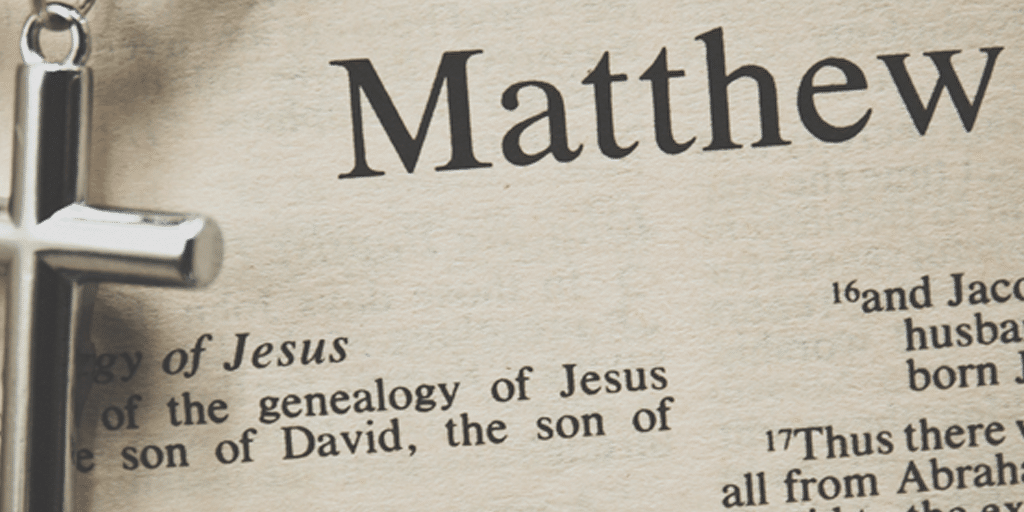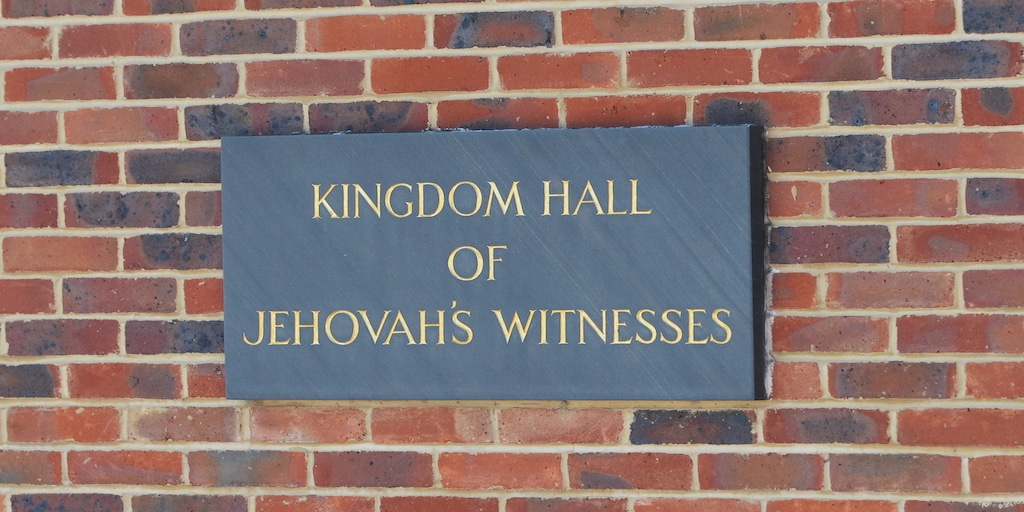Are the Generations Listed in Matthew Wrong?

Question: Are the Generations Listed in Matthew Wrong?
In Matthew 1:1-16, it mentions 14 generations 3 times, then in verse 17 it says again 14 generations 3 times for a total of 42. But when you count there are only 41 generations. Could you please explain this to me?
Answer:
This is a very interesting question! The counting of generations in verses 1-16 can only be reconciled as understood by the contents of verse 17.
Let me share a little background information regarding the first chapter of Matthew. Most of the books I read today, whether for study or pleasure, usually begin with a scenario that is written to catch your attention with the desire to continue reading. You find almost no books that would start the way Matthew begins his gospel account. If a book started with a long list of names, many of which I can’t pronounce, I probably wouldn’t read any farther.
For the Jew, however, this was a most natural and interesting way of beginning the story of a man’s life. My wife has been researching old records, the Internet, and cemetery records to trace her family’s genealogy. The Jews were very interested in genealogies; Matthew writes in the first verse, “The book of the genealogy of Jesus Christ, the son of David, the son of Abraham.” If you look in the Old Testament, you will find a number of lists of genealogies (Gen. 5:1; 10:1; 11:10 just to cite several examples).
It is also important to notice, as the questioner has already observed, that these generations are carefully arranged in 3 sets of 14 each. This is what is technically known as a “mnemonic.” That is to say that it is so arranged that it would be easy to memorize as very few people had copies of such writings and records.
In light of verse 17, we can see that this genealogy is broken down into three sections:
- The history of Israel from Abraham to David: 14 generations
- From David to deportation to Babylon: 14 generations
- From Babylon to the time of Jesus Christ: 14 generations
- The history of Israel from Abraham to David: Abraham, Isaac, Jacob, Judah and brothers, Perez (and Zerah), Hezron, Ram, Amminadob, Nahshon, Salmon, Boaz, Obed, Jesse, and David. That’s 14 generations from Abraham to David. We don’t count Zerah as he is the same generation as Perez.
- From David to deportation to Babylon: David, Solomon, Rehoboam, Abijah, Asa, Jehoshaphat, Joram, Uzziah, Jotham, Ahaz, Hezekiah, Manasseh, Amon, Josiah. That’s 14 generations. Notice that the passage says: “from David to the deportation.” Therefore, David is considered the first generation in the deportation.
- From Babylon to the time of Jesus: Jeconiah, Shealtial, Zerubbabel, Abiud, Elikim, Azor, Zadok, Achim, Eljud, Eleazar, Matthan, Jacob, Joseph, Jesus. 14 generations.
You say, wait a minute! David is mentioned in both the first and second lists. That’s right, because we are talking about three distinct periods of Israel’s history. Verse 17 says that the first segment of Israel’s history ends with David, and the second period begins with David. So you have 3 periods of time, each includes 14 generations that will total 42 generations as per verse 17.
Just so you will know, I have checked several versions and no one leaves out any names. David is a part of both periods of time and is therefore listed twice, and each list stands alone in terms of the number of generations that will add up to 42. It took me a while to figure this out, so hope it makes sense to you. Thanks for a challenging question!








